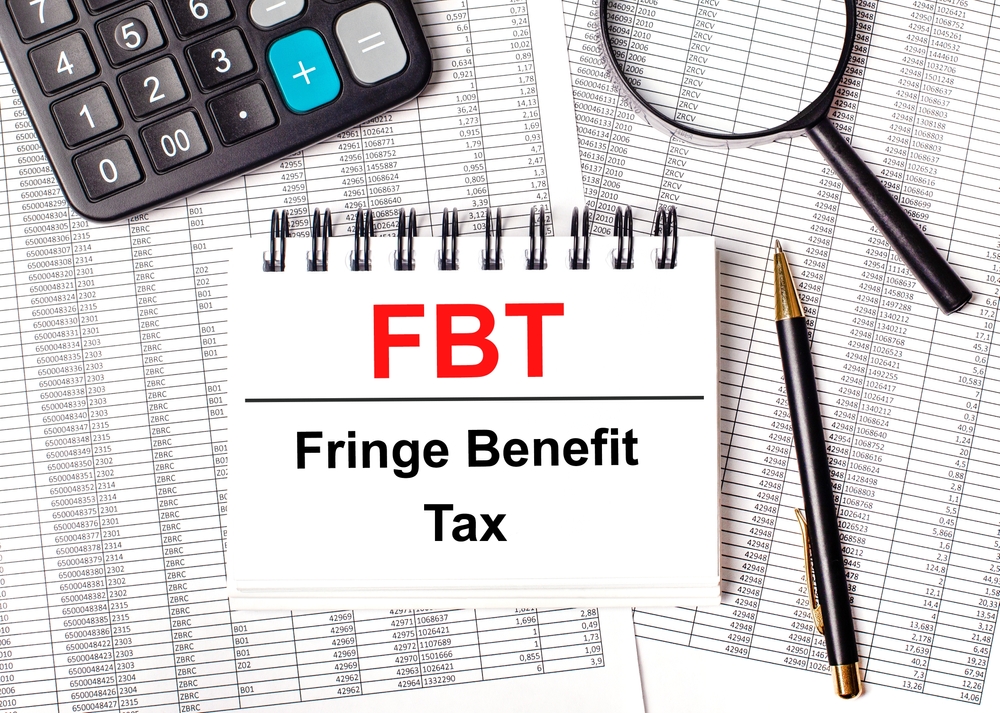Crowdfunding is a new and evolving area for many business owners and their families. So the tax effect of crowdfunding is also developing (a few steps behind the process).
So is my crowdfunding project taxable?
If you are running a business, and crowdfunding is done in a systematic way, you will pay tax on the monies generated from crowdfunding. Likewise, if you are not running a business, or if you are simply operating a hobby, the monies raised from crowdfunding are not taxable.
The easiest way is to show two examples.
Example 1
Tony runs an ice cream shop. He has a range of ice creams and generates around $310k in sales. Tony has always dabbled in new recipes and ideas.
Tony runs a crowdfunding campaign for his new ice cream project. Tony will make an ice-cream that makes you lose weight when you eat it.
Tony has done some initial research into the concept and has paid $6k in a graphic designer to present a proposal for crowdfunding investors. The shop also has signs around it promoting the ice cream concept and Tony has used social media extensively to promote his dream.
Tony offers crowdfunders a “year of free ice-cream” for $12 when he gets the US Food and Drug Administration approval. He also offers investors a free ice cream for every one purchased before 11am on Tuesday.
Tony raised $1.7m in crowdfunding.
In this instance the business-like manner of the ice-cream shop, together with the systematic and professional fundraising proposal will mean that the $1.7m raised is taxable.
Example 2
Gemma is an electrical musician whose main source of income is working as a surgeon. She has a lot of musical gear and has played at some pubs and clubs for a small fee (typically the fee equates to less than a basic wage for the total hours at the gig including setup and set-down).
Gemma needs some new gear for her latest inspiration.
Gemma offers to incorporate the name of every crowdfunder into a song once she signs with a major record label.
Gemma raises $189,000. She gets some interest in her music at a national level by specialist radio stations. No major record label ever signs Gemma up.
In this instance the business Gemma runs is not intended to make a profit. Her income source is not connected to her music and her music is carried on in the form of a hobby.
It is important to note that the above examples are not exhaustive. There are other alternate models of crowdfunding. They range from a simple donation plea (I have a medical emergency please help) to a bona fide investment. And the ultimate tax outcome will come down to common law principals – so the $7k appeal to save your cat is tax free. The next bitcoin mine will be taxed.
What is important to note is that crowdfunding capital raised can be taxable. And it is imperative to get upfront advice. The advice could give you a slightly different approach to crowdfunding and a significantly different tax outcome.
Am I allowed to crowdfund?
The Corporations Act 2001 protects investors. In the past some financial planners and investment advisors have done horrible things to normal people. So it is good that investors are compelled to receive documents like a prospectus so they are aware of what they are putting money into.
Sadly the cost of creating a prospectus is high. So many families looking at raising investment capital have relied on the “small scale capital raising provisions”.
In essence a family, or the family head, who raises capital use a provision as detailed in s708(1) of the Corporations Act. It allows a person to not provide a prospectus (or something like that) to investors if they only approach 20 people in 12 months and they raise less than $2m.
The words “approach” effectively stops crowdfunding. If you advertise to the world using say, social media, you can easily find that you “approach” over 4,000 people who see you advert (even if only for 6 seconds). So crowdfunding, which relies in lots of small amounts, cannot use the 708(1) exemption.
The government has legislation to allow proprietary companies to crowd source fund. And you can make a submission to treasury before 2 February 2018.
So the short answer is that you probably will still feel uncomfortable if you are a company and doing crowd source funding today. The current real alternative for families that own a proprietary company is to convert to a public company.
However if you are looking to the future (once the legislation is effective) there are a few things to consider.
Size
Your company will only be able to access the crowdfunding concessions if your consolidated assets and your consolidated turnover are under $25m.
Directorships
A proprietary company will need at least two directors. Single directors companies cannot access concessions to crowd fund.
Shareholder caps
If you are a proprietary company, with less than 50 shareholders, the impact of crowdfunding can quickly take you over 50. So the government is proposing that crowdfunded proprietary companies do not take the crowdfunded shareholders in counting the cap of 50.
However if shareholders sell and move shares around your “easy” proprietary company could quickly become a public one.
Audits
If you have raised over $3m from crowdfunding you will be required to be audited.
Financial reports
A proprietary company will need to prepare financial statements in accordance with accounting standards.
This is a significant step up in compliance costs compared to proprietary companies that can prepare “special purpose financial reports”.
A new company constitution
A company constitution is a set of rules that bind the operation of the company and how it deals with the shareholders. And if you want to enjoy the crowdfunding concessions you will need to change your constitution.
Your constitution will need a provision so that is somebody acquires more than 40% of the shares in the company they will be required to purchase all of the other shares on the same terms.
Related party transactions
There are new rules that restrict the ability of a proprietary company to deal with related parties. In essence shareholder approval will be required for related party transactions.
What is important to note with all of the above is that crowdfunding is new. And the law has not yet caught up with what is happening around the world. If you or your family is looking at crowd funding something then care needs to be taken.
A little bit of advice here can cause a lot of pain afterwards. Otherwise you could easily find that you lose a lot of your crowdfunding capital raised in income tax, breach your obligations to your new investors and find that your yearly statutory advice costs increase significantly.





